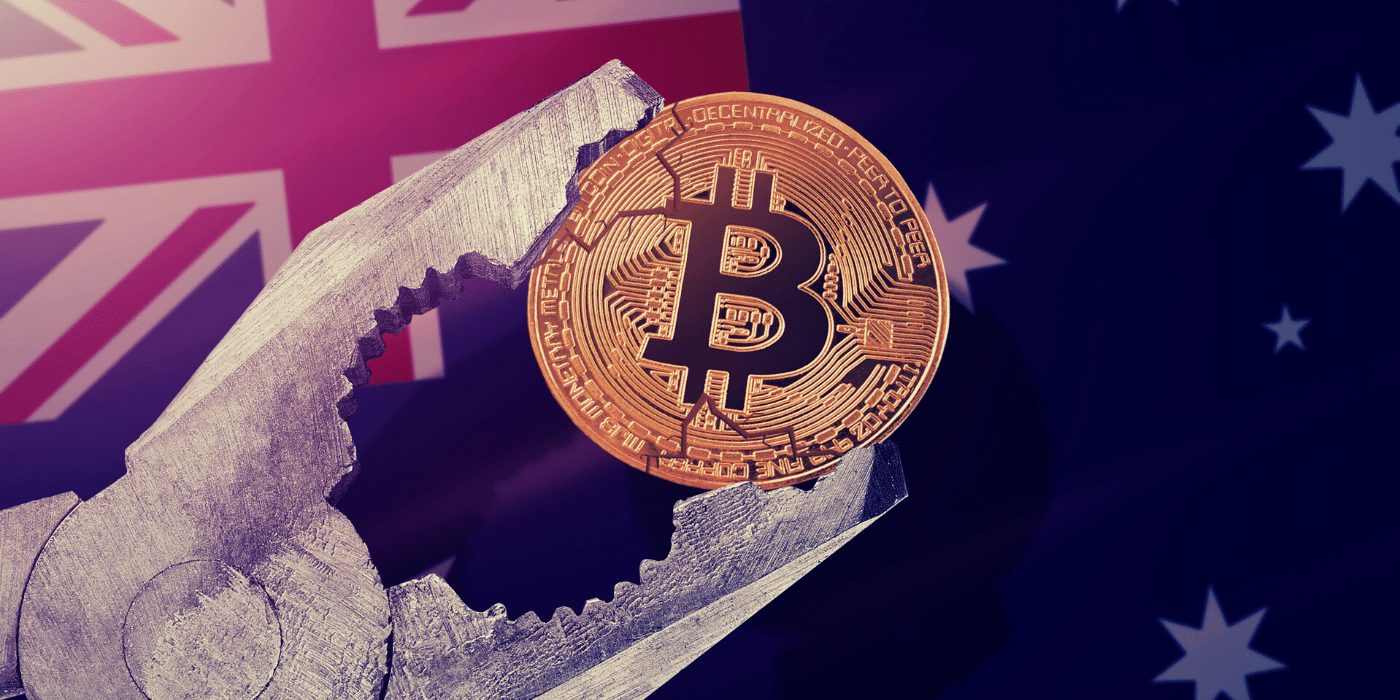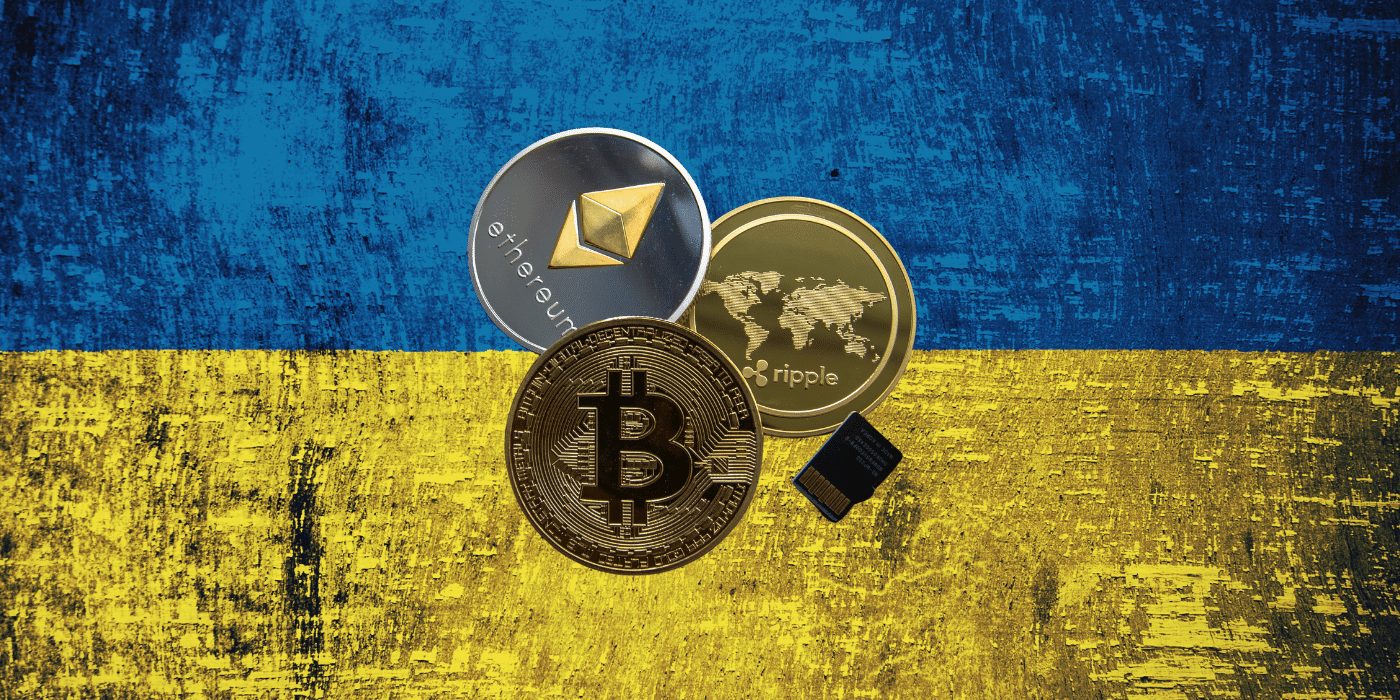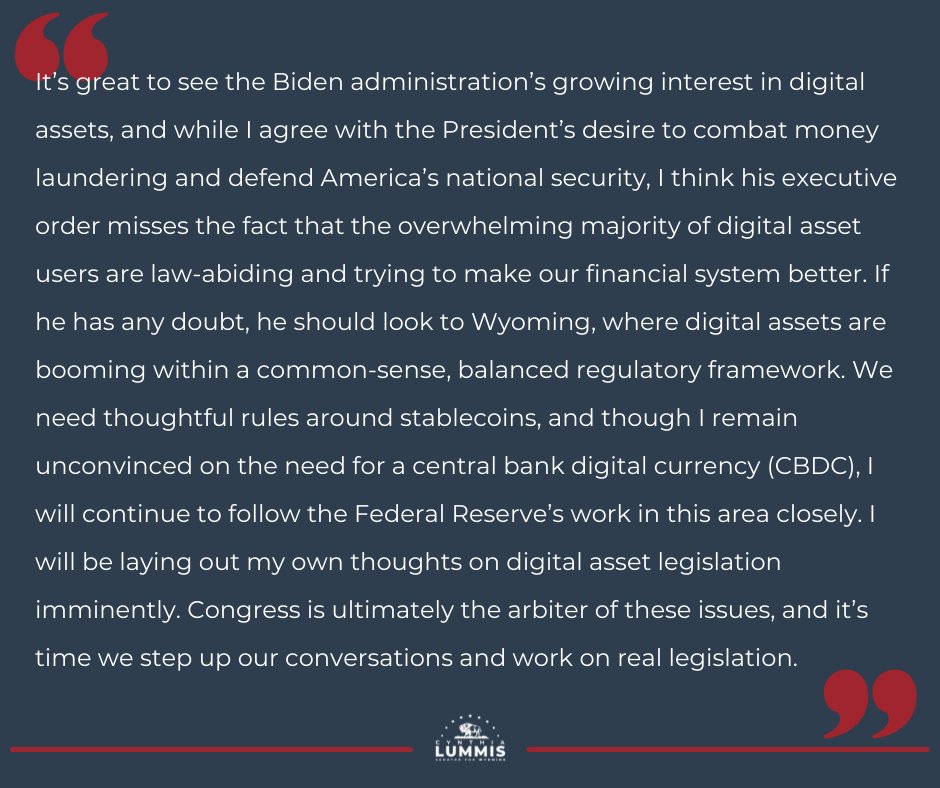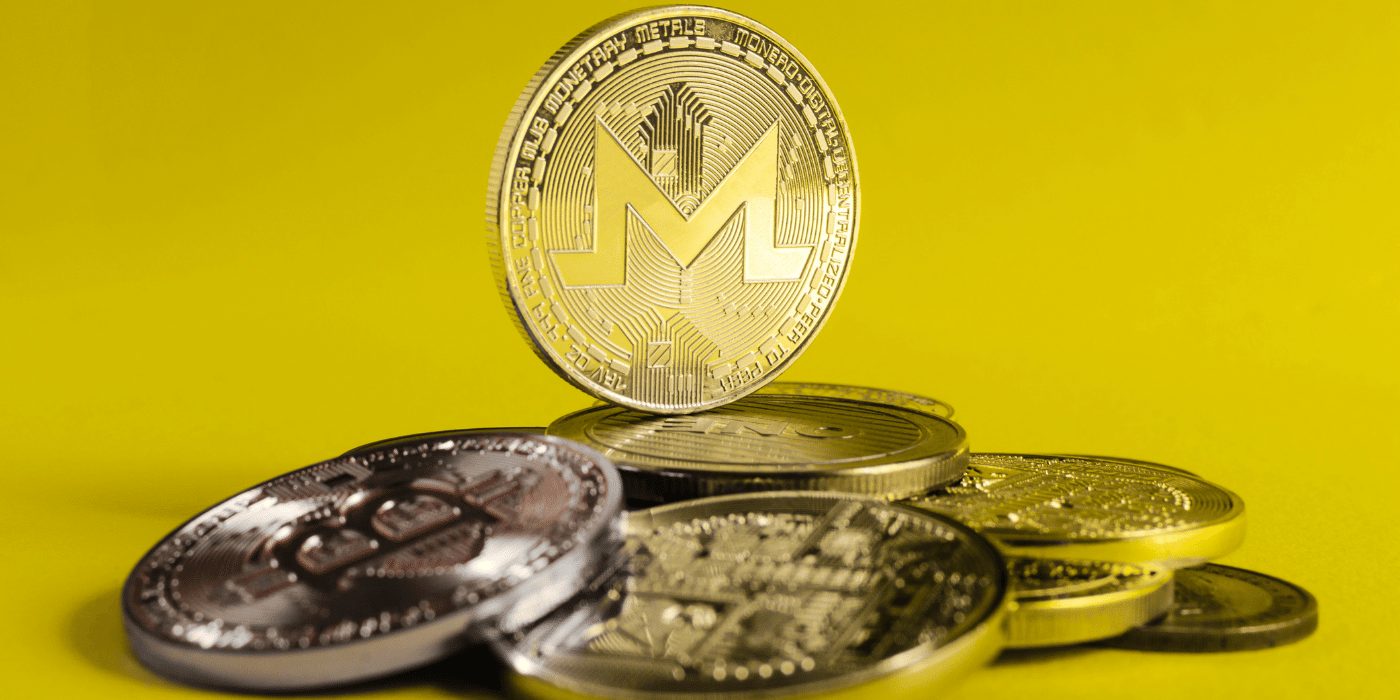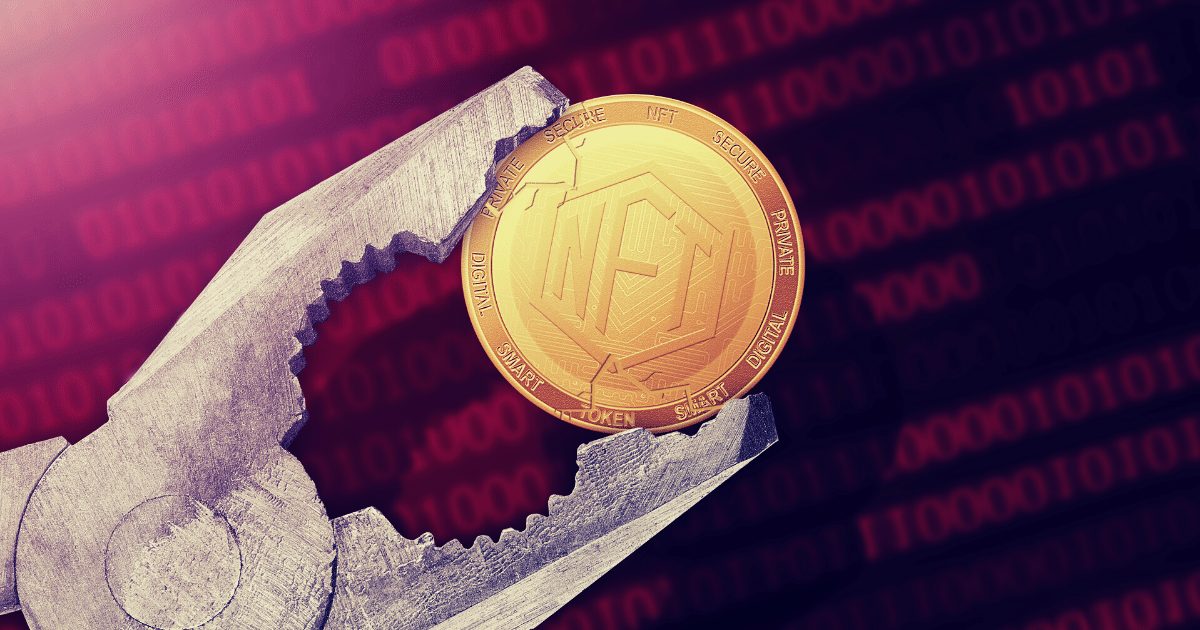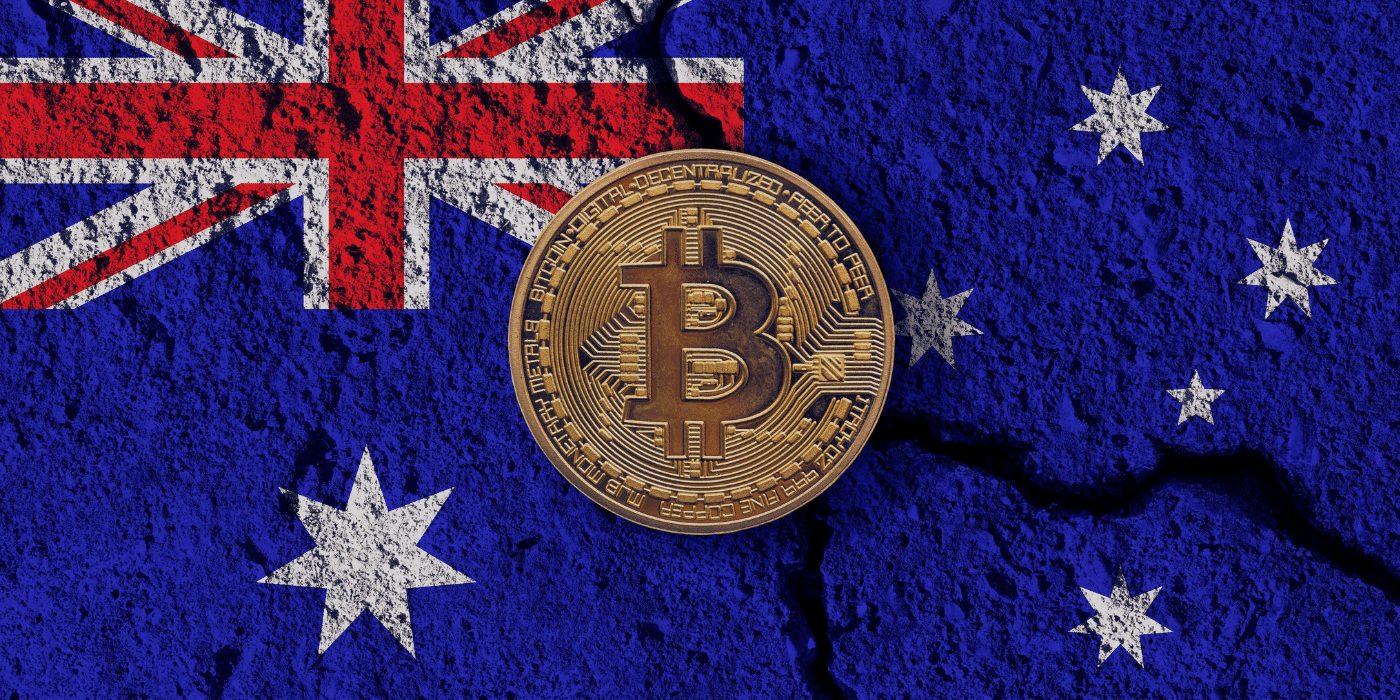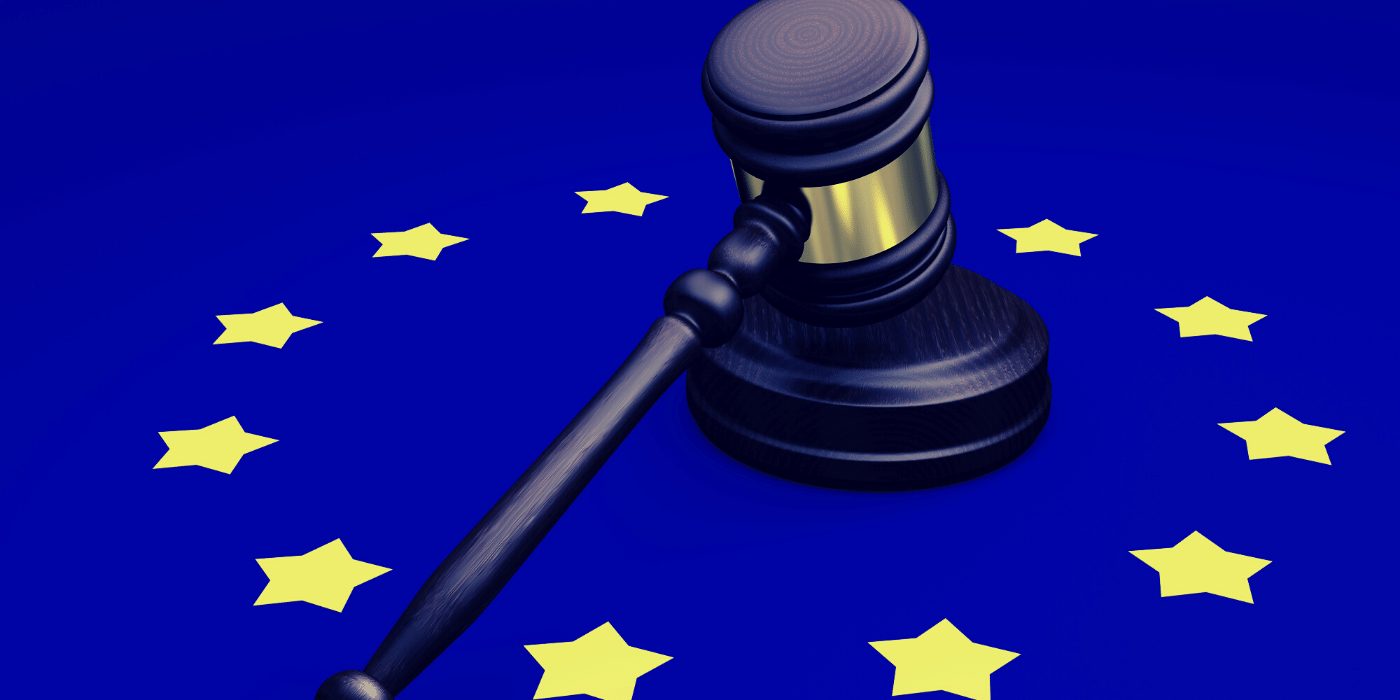The Australian Treasury has released a consultation paper outlining its proposed regulatory approach to crypto markets with a view to potentially introducing a Digital Services Act in the next 12 months.
Industry has been given until May 27 to provide feedback on the proposals.
This follows appearances by NSW Liberal Senator Andrew Bragg and Jane Hume, the federal Minister for the Digital Economy, at Blockchain Week where they spoke about the need for a Digital Services Act to allow Australians to safely invest in crypto and to encourage investment and innovation in the burgeoning sector.
Government Focused on Secondary Service Providers
The proposed approach focuses on the regulation of what the government calls crypto asset secondary service providers (CASSPrs), which includes exchanges, brokers, assets managers, custodians and DeFi services such as decentralised exchanges.
According to the consultation paper, the digital services legislation would effectively seek to impose two types of regulation on CASSPrs:
- regulation of, and the introduction of a licensing system for CASSPrs; and
- regulations relating to custodians and the secure handling of private keys.
Purpose of the Act
The overarching purpose of the proposed regulation is to provide more protections for investors and thereby increase public confidence and drive innovation in crypto.
This focus was reaffirmed by Minister Hume during her March 21 Blockchain Week address, describing the proposed regulation as providing an “Australian-made badge of approval for CASSPrs”. She added:
The Morrison government wants to make sure that consumers can trust the exchanges that they use to buy crypto.
Jane Hume, Minister for the Digital Economy
Specifically, the proposed regulations will seek to mitigate the risk of investors losing their assets due to exchange insolvency or lack of liquidity and security risks such as hacking.
Government on Front Foot
These newly proposed regulations are part of a broader crypto focus by the federal government which includes a crypto taxation review and a token mapping exercise, both of which are due to be completed by the end of 2022.
This follows the release of a 12-point crypto regulation plan last October and recent calls from NSW Senator Bragg for Australia’s crypto industry to pick up its pace or risk missing opportunities.

